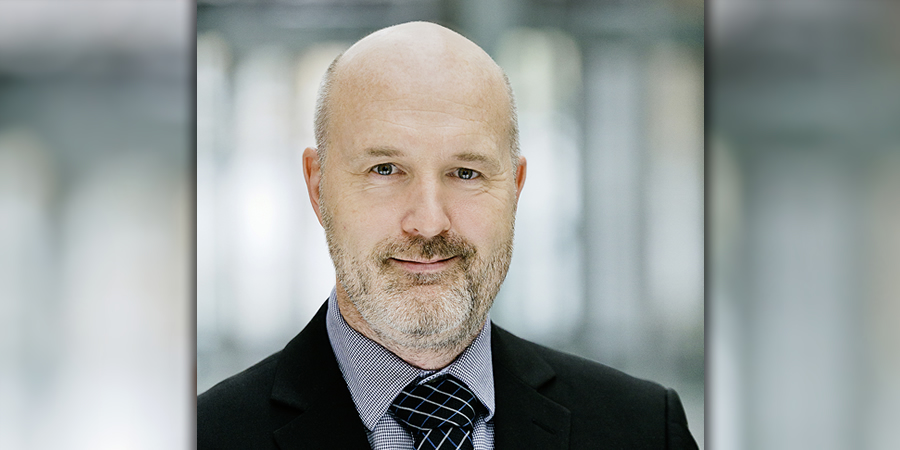5G and cybersecurity were on top of the agenda of the CTOs who met at the annual CTOs/ITU meeting in the framework of ITU Telecom World which was held in Budapest. Telecom Review had the privilege of participating in the meeting where we spoke with Uwe Baeder, director, international relations ITU/UN, Rohde & Schwarz, to know more about the role that Rohde & Schwarz is playing in terms of 5G security and standardization.
You were part of the 11th CTOs meeting which was held in the framework of ITU Telecom World. In the meeting, cybersecurity in the era of 5G was discussed at length. What role is Rohde & Schwarz playing in terms of 5G security?
Rohde & Schwarz ensures 5G security in a holistic way, starting with its leading technology to verify whether basestations and mobile devices act in compliance with the relevant RF specifications and connectivity protocols. Furthermore, we help government and corporate 5G users to securely use 5G-based telco services by protecting data streams from manipulation and eavesdropping through sound and user-transparent encryption solutions. We also make sure that 5G-connected Windows™ and Android devices are not infected with malware, and are enforced to securely connect to the authorized gateways, thus preventing them from side-channeling data into illegitimate domains.
We strongly advise 5G-based vertical use cases to include client-side traffic payload encryption, to be on the safe side. It’s a given that such encryption solutions need to be both highly trustworthy, based on separated client-side crypto key management, as well as energy-efficient in order not to overload the smart mobile devices that connect to these IoT applications.
In your opinion, what are the security challenges that will be brought about by 5G? And how should industry players face them?
5G has mostly done away with dedicated appliances in favor of edge- and cloud-based network processing and management, the network security and resilience heavily relies on secure cloud and edge infrastructure. Here, typical cloud workload protection solutions need to be applied. Rohde & Schwarz supplies essential technology into these applications, such as our DPI (deep packet inspection)-based application classification library that helps network traffic analytics systems to identify malicious activity, such as the literal “5G-connected fridge that starts a skype call”, in real time. Of course, in industry 4.0 applications this is even more important to monitor such activities.
The ITU has invested a lot of effort in 5G standardization and I’m sure Rohde & Schwarz contributed to the process. Can you explain how?
Rohde & Schwarz is active in many of the ITU-T standardization groups. As a leading supplier of ICT solutions and systems, we have a focus on standards that have a direct implementation relevance and are so directly influencing our products. We can contribute to those standards with our technical expertise and practical experience.
An important part of the standardization process is adding transparency to the eco-system. As an example, ITU-T SG12 is developing recommendations for quality of service and quality of experience. This is a very important basis to derive a fair and transparent benchmarking of 5G mobile communication networks reflecting the user-perceived quality of experience.
In your opinion, where does the value of open source lie when it comes to standardization?
Open Source can play a role in modern product development. The wheel does not need to be invented a second time. Matching open source technology is in that sense a good addition. However, security aspects and responsibility of solutions need to be considered. For example, in our system solution for test and measurement, we are responsible for the overall compatibility to a communication standard. A second topic is time to market. In the area of 5G, the development process is very fast and needs to be run in a step by step fashion with our customers. This would be hard to achieve with relying purely on open source.
Where do you see the industry going after 5G deployment? Is it too soon to talk about 6G?
We see the first conferences and discussions on 6G popping around the globe. If any further technology or a trend will lead into a 6G terminology is not yet to constitute. Many fields in the 5G portfolio are still to be moved to real and widespread deployments like URLLC. There is definitely room for more research and finally product creation. However, we know development does not rest and new technologies going beyond 5G will be discussed in the near future. In the end whether you call it 5G or 6G, Rohde & Schwarz will always work with the leaders to accelerate R&D and deployment of innovations in mobile communications.











